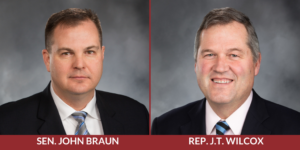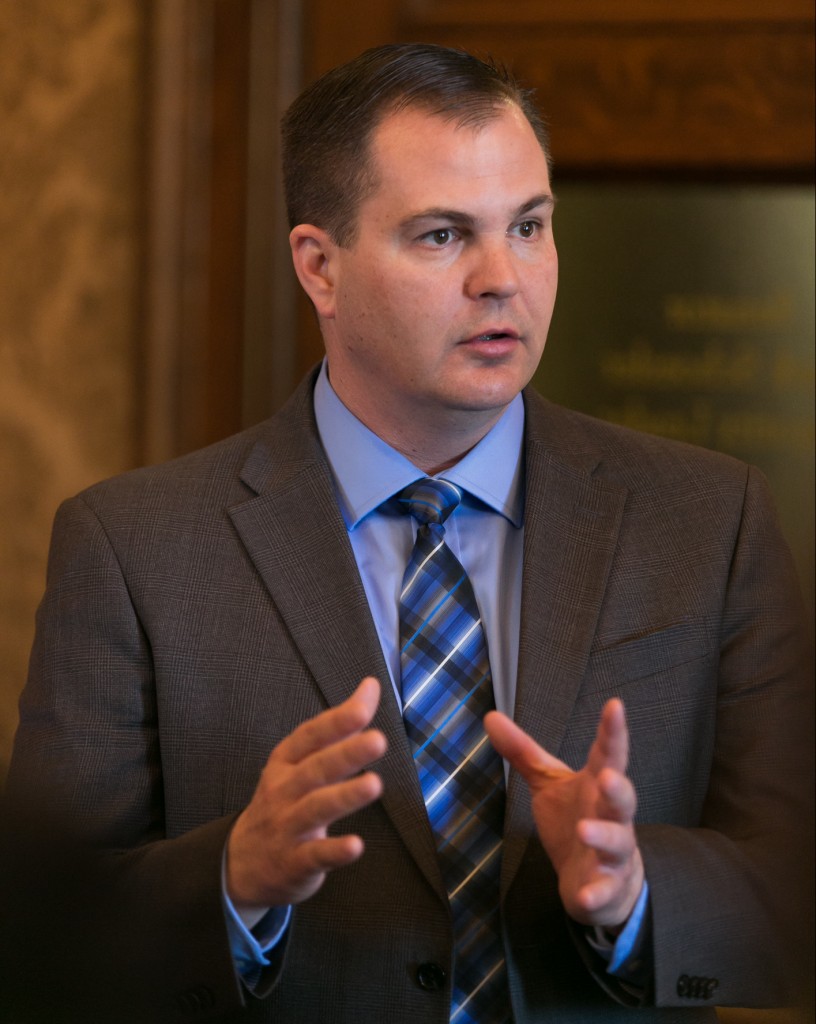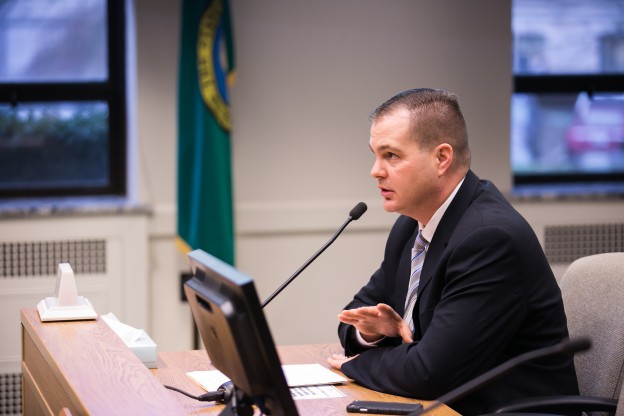 CENTRALIA… State lawmakers have been called into a special session to continue work toward a new state law on the possession of controlled substances, after failing to come to an agreement before the regular legislative session ended April 23.
CENTRALIA… State lawmakers have been called into a special session to continue work toward a new state law on the possession of controlled substances, after failing to come to an agreement before the regular legislative session ended April 23.
Senate Republican Leader John Braun offered this comment following Gov. Jay Inslee’s proclamation that the Legislature will reconvene May 16.
“The governor had indicated he would not call a special session until legislative leaders reached an agreement that is worth bringing in front of each chamber. To be clear, we’re not to that point yet, although there have been productive bipartisan discussions over the past week. In that sense his announcement today was unexpected.
“Republicans worked in good faith throughout the regular session toward a new law that will give drug offenders more incentive to enter and complete treatment. We remain committed to that. While I am hopeful for a better outcome this next time around, there is also reason to be cautious. The House Democrats will need to demonstrate a combination of bipartisanship and leadership that was missing during the 105 days of the regular session – especially at the end, when they failed to pass a proposal that was still far from reasonable, and Democrats from all corners falsely claimed that failure was somehow the fault of Republicans, even though we are in the minority.
“All along, Republicans have insisted on a new drug-possession policy that truly works for the stakeholders – law enforcement, the criminal-justice system, and local governments. They need more leverage to save lives, lift people out of the despair that goes with being addicted to drugs like fentanyl, and also reclaim our streets and sidewalks. That’s still the right path for the upcoming special session. We must do better.”














